2023 Bertha
Challenge Activist Fellows
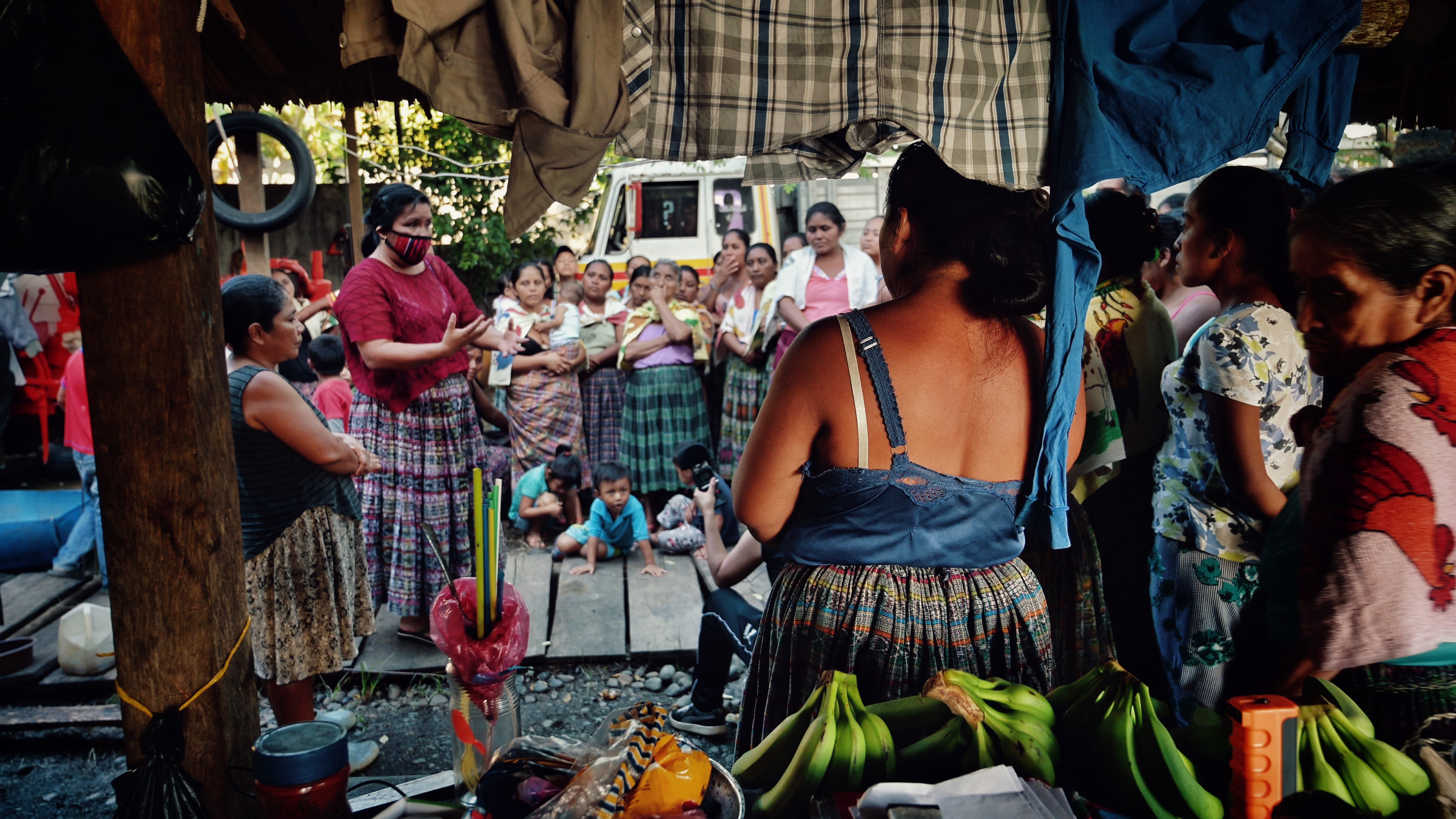
Lina Isma'il
Location: Palestine
Lina Isma'il is an environmental and community activist in the fields of food sovereignty and agroecology. She is a co-founder of the Palestinian Agroecological Forum, which is concerned with spreading the philosophy and practice of agroecology as a basis for achieving food sovereignty and preserving nature. She also co-authored the guidebook ‘Conscious Choices’, which discusses the concept of ethical consumption within national, economic, social, health and environmental dimensions in the Palestinian context, and highlights the importance of preserving Palestinian heritage and identity through supporting local producers.
The reality of food systems in Palestine is similar to food systems worldwide, in terms of the challenges associated with globalization – particularly with international economic institutions and large corporations dominating global markets, undermining local economies, eroding cultural diversity, monopolizing natural resources and damaging ecosystems. But, adding to this complexity, is the settler colonial regime occupying Palestine, coupled with foreign aid agendas.
As a Bertha Challenge Fellow, Lina investigated those challenges and their interlinked impacts on the livelihoods of Palestinian farmers and the environment, in addition to showcasing the growing food sovereignty movement that aims to emancipate Palestinian farmers from the chains forced upon them. She created a film to raise awareness locally and provide tools and evidence for activists to strengthen the food sovereignty movement.
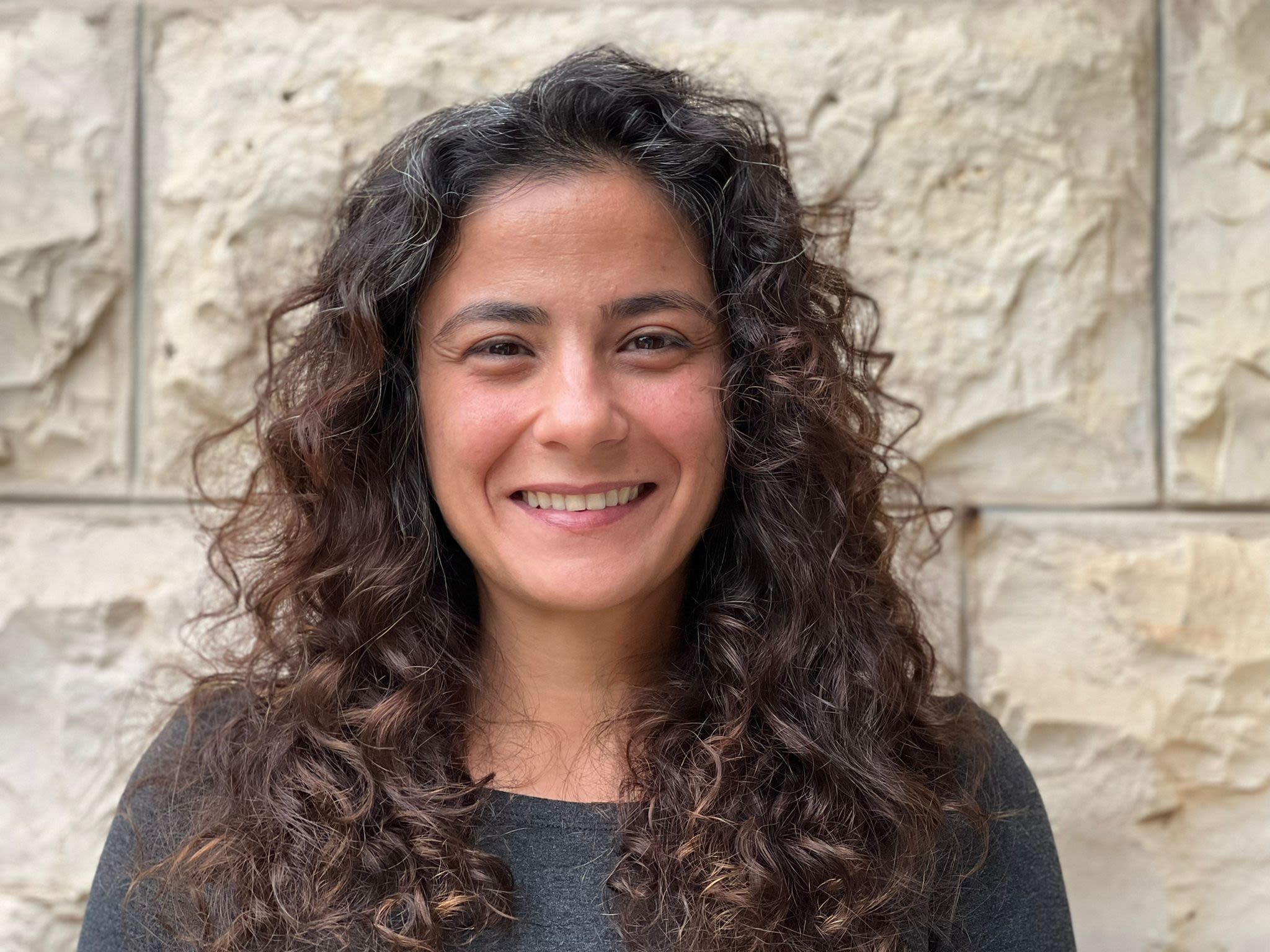
David Kabanda
Location: Uganda
Host Organization: Center for Food and Adequate Living Rights (CEFROHT)
David Kabanda is a food and social rights lawyer in Uganda with a special interest in human rights compliant food and trade related systems. He practices this through action-research, legal advocacy and public interest litigation. He is an expert in food law and a global advisor in sustainable agri-food systems. His work is directed towards a framework law on resilient food systems, stopping hunger and prevention of the prevalent burden of malnutrition. David is a director at CEFROHT and has worked with the Food and Agriculture Organization of the United Nations, The Office of the United Nations High Commissioner for Human Rights, the World Health Organization and UNESCO.
His Bertha Challenge project deciphered how the government’s failure to regulate the food sector in Uganda is leading to violations of the right to adequate food by corporate and political elites. He investigated hunger and malnutrition among vulnerable individuals and communities’ access to land, seed and the law.
Film: ‘The Cancer We Eat’ [October 2023]
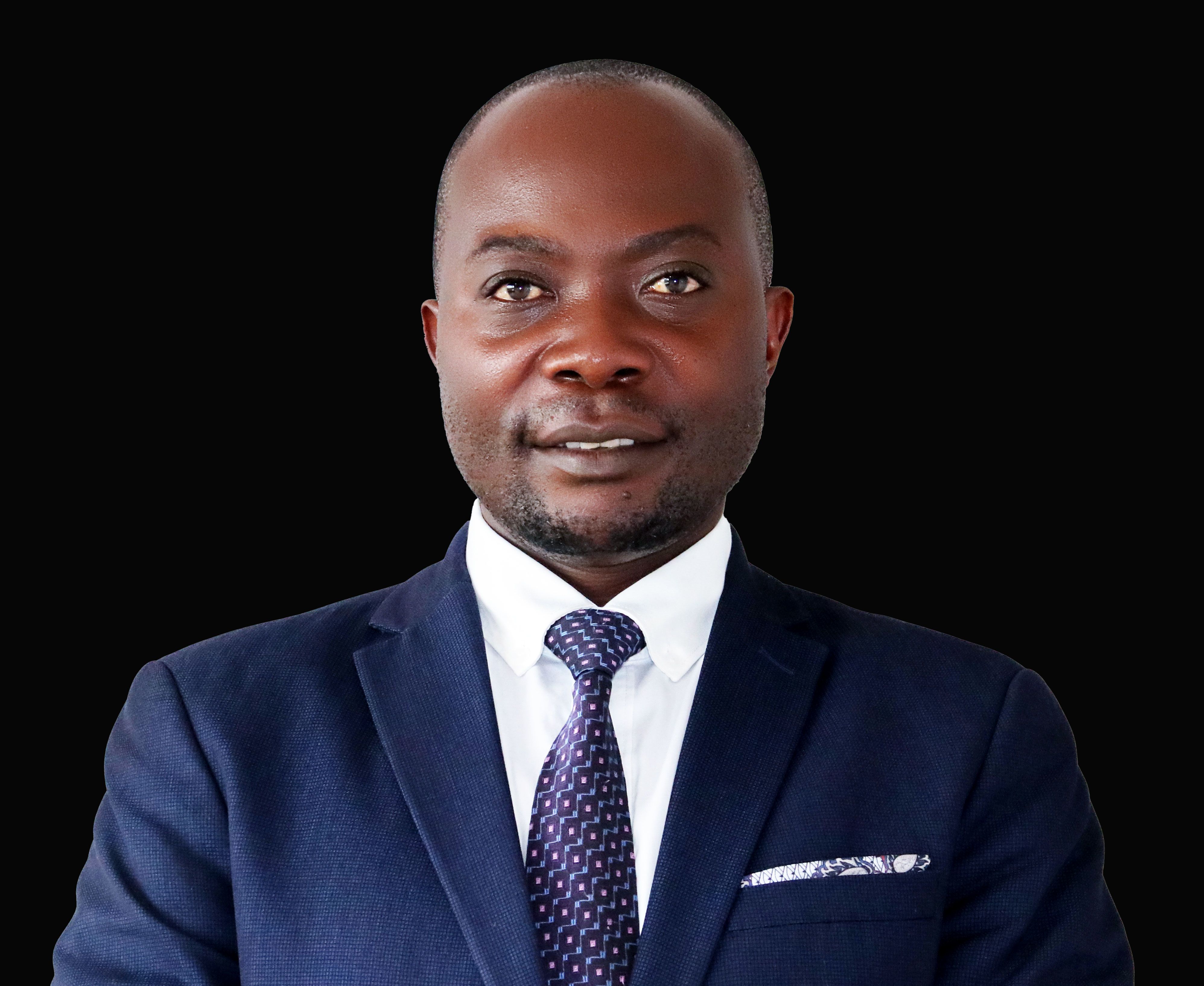
Ana Larrañaga
Location: Mexico
Host Organization: El Poder del Consumidor A.C.
Ana Larrañaga is a Mexican nutritionist and activist who has worked for food, information and health rights. She specializes in environmental education and holds an MA in Food and Development from the University of Sussex and the Institute of Development Studies.
Ana has worked with NGO coalitions in Mexico and the Latin American region to advocate for the implementation of evidence-based food policies to prevent diet-related non-communicable diseases and malnutrition.
For her Bertha Challenge Fellowship, Ana worked with El Poder del Consumidor, a consumer rights organization. Her project focused on documenting, through case studies, how the commercial interests of different industries exert influence within food systems, accelerating adverse environmental and health impacts. The project linked with NGOs and communities in Mexico City to understand and promote resilient alternatives through traditional, healthy and local diets.
Case Study: ‘Food Production: The agenda behind glyphosate and genetically modified corn’ [July 2023]
Case Study: ‘Processing and Packaging: Drowning in Plastics’ [August 2023]
Case Study: ‘Promotion, Advertising and Information for Consumers’ [December 2023]
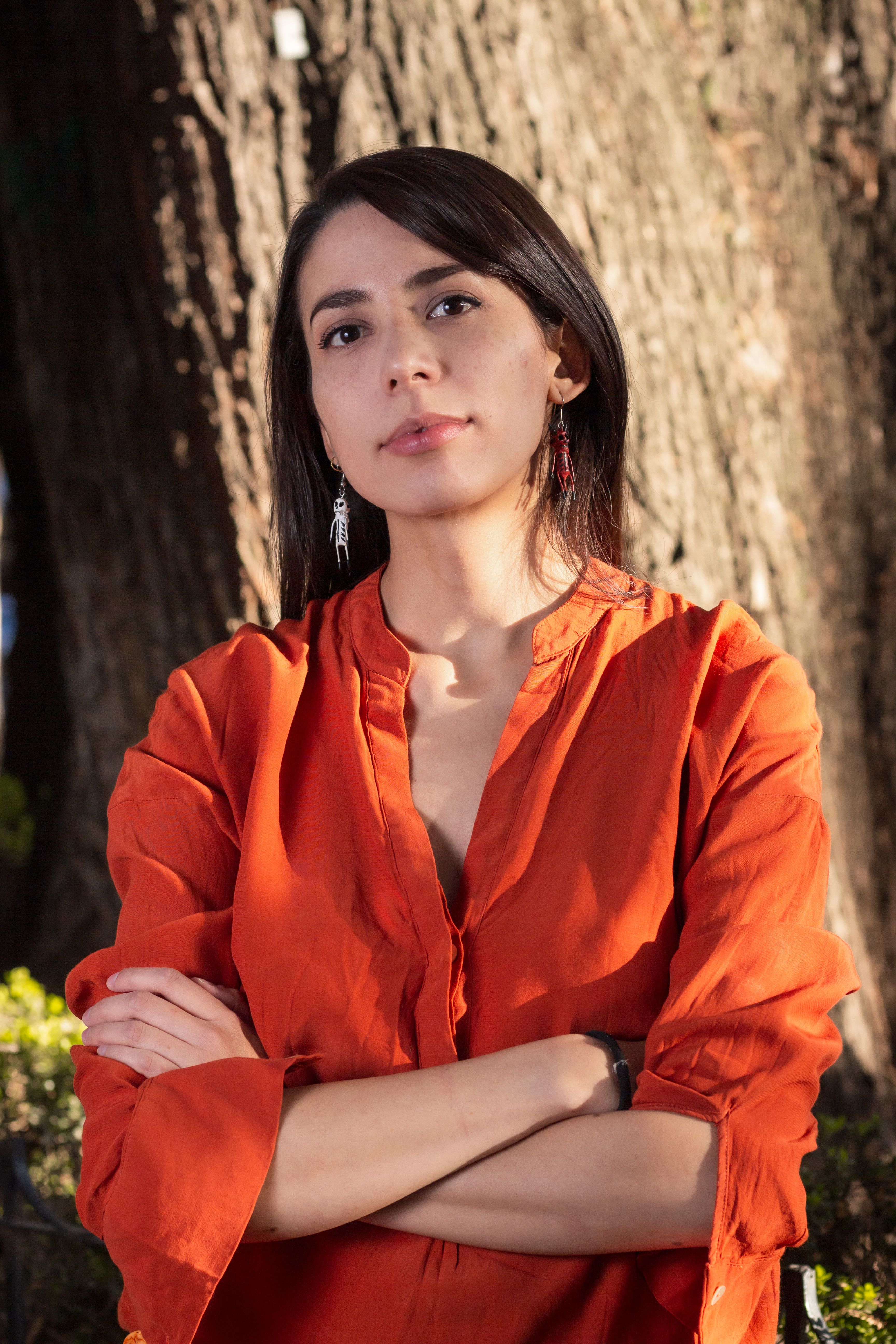
Lindsey Loberg
Location: United States of America
Host Organization: Boulder Food Rescue
Lindsey Loberg is the co-director of Boulder Food Rescue, a Colorado, U.S.-based, grassroots food distributor working towards a more just and less wasteful food system. Lindsey works to dismantle oppressive power structures, particularly those influencing the non-profit food sector. Their early involvement with activism and organizing came as a teacher and union worker during the Wisconsin Uprising and Occupy Movement. They held 25 jobs before turning 25, some in food, all in low-wage work, perpetuating hunger.
Lindsey is involved with their local branch of the Debt Collective – a national debtors’ union working to abolish debts of survival and basic opportunity - and a number of professional networks, including Food Rescue Alliance, Community Resource Center’s Root Cause Network and Closing the Hunger Gap’s Next Shift Community of Practice.
Lindsey’s Bertha Challenge project focused on the alliance between charitable food, corporations, and politics. They have created a curriculum for grassroots, non-profit food distributors to challenge this relationship through solidarity practices, narrative building, participatory strategies, collective power-building, and visioning activities.
Handbook: 'Fed Up and Building'
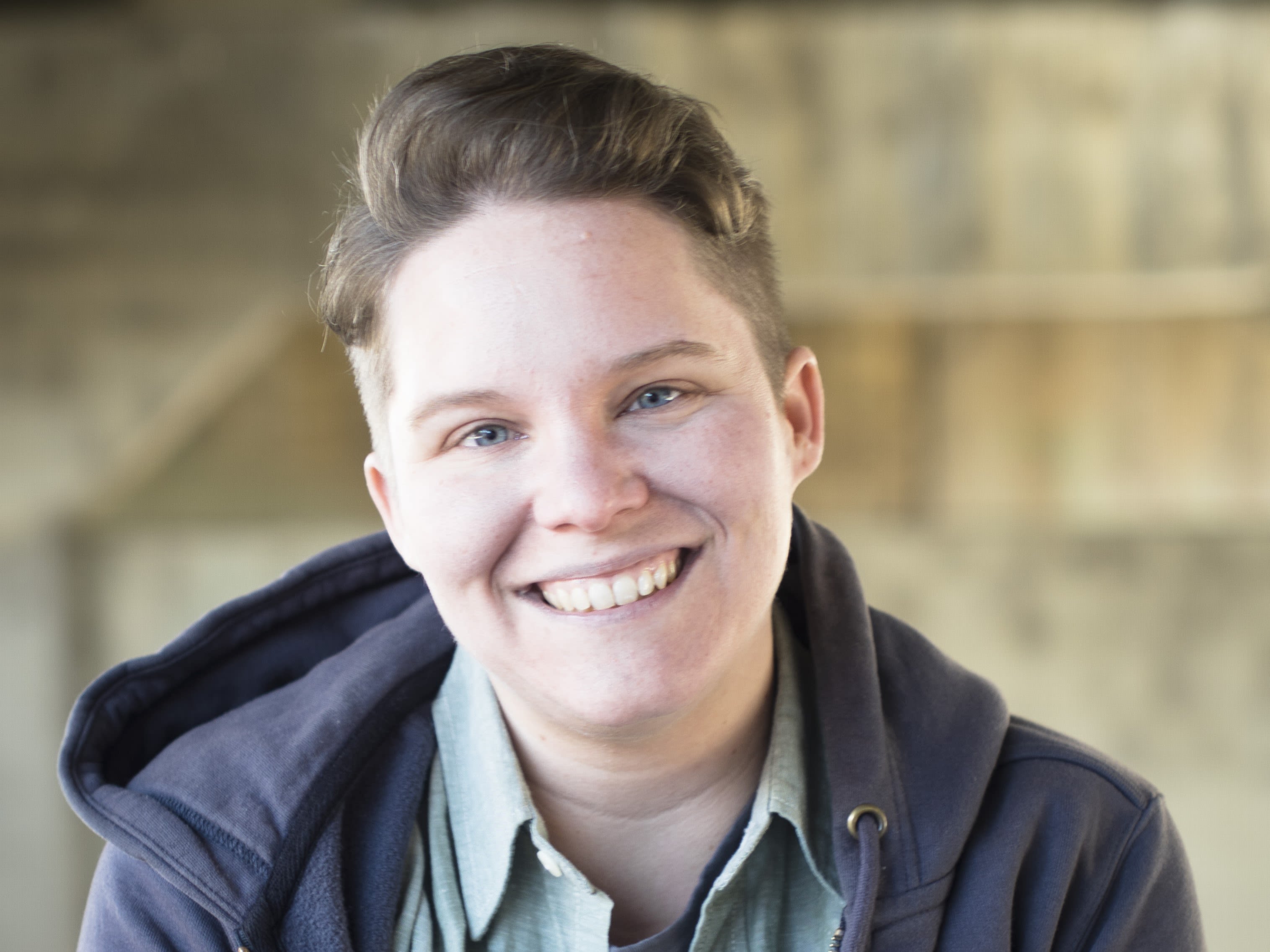
Bruno Martins Morais
Location: Brazil
Host Organization: Centro de Trabalho Indigenista
Bruno Martins Morais is a lawyer and an anthropologist with experience in socio-environmental law, and specializations in supply chain compliance, transnational environmental crimes and violations of the rights of traditional peoples. He holds a BA in Law and a Master's degree in Social Anthropology from the University of São Paulo, and is a doctoral candidate in Socio-Environmental Law at the Pontifical Catholic University of Paraná. He works as an activist and legal advisor to community-based and civil society organizations.
With the support of Bertha Foundation, and in partnership with Indigenous organizations, Bruno researched the pressure of grain monocultures on Indigenous territories. In the 1970s, the military dictatorship promoted the expansion of grain crops over Indigenous territories as a policy of integration of these peoples into national society. These policies undermined food sovereignty and spread hunger. The Bolsonaro administration reclaimed this same project, announcing partnerships with Indigenous people in a modernization agenda that would bring these populations out of “backwardness”. At the same time, Brazil registered an increase of 14 million people living below the hunger line. Bruno investigated the situation of food security in Indigenous territories, its relationship with international supply chains, deforestation and climate change.
Bruno worked with the Xavante Warã Association to create a website that acts as an archive of the Xavante’s past and present territorial struggles. His short film, ‘Öwawë pá hã A’uwe Tsiri’, documents one community’s struggle to preserve the River of Deaths in the face of a proposed hydroelectric dam project.
Website: Xavante Wara
Film: Öwawë pá hã A’uwe Tsiri
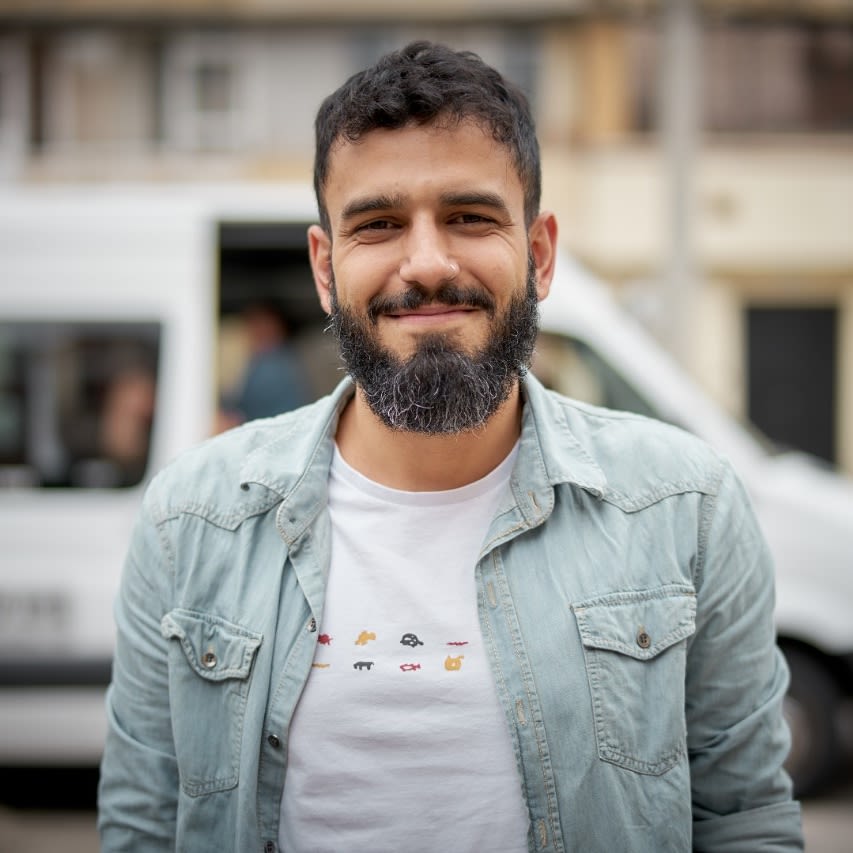
Tharma Pillai
Location: Malaysia
Host Organization: Yayasan Chow Kit
Tharma Pillai is a democracy activist and the co-founder of Undi18 – a youth movement that successfully advocated for the lowering of the voting age in Malaysia from 21 to 18 years old. His advocacy has helped enfranchise an additional 5.8 million voters, transforming the Malaysian political landscape. He is a recipient of Tatler Asia’s Most Influential (2022), Generation T Asia (2022) and Forbes Asia 30 Under 30 (2021).
For his Bertha Challenge Fellowship, Tharma worked with journalist Fellow, Ian Yee, to build Lawan Lapar – a movement to achieve food security and end malnutrition, via the empowerment of farmers and the democratization of farming. The initiative is critical, considering Malaysia’s severe rates of child malnutrition and lack of legal protections for smallholder farmers.
Tharma created a series of legal and advocacy resources for farmers facing evictions as the land they have farmed for generations is sold off by the state to private development companies, often at below market rates. He supported farmers in the organization of protests and town hall meetings, which, after a heavy-handed police response, gained widespread media coverage.
Along with Ian, he produced a short film documenting the attempts by a small group of farmers in Perak to resist eviction and the disproportionate backlash that they received from the authorities.
Website: lawanlapar.org
Handbook: 'Lawan Lapur'
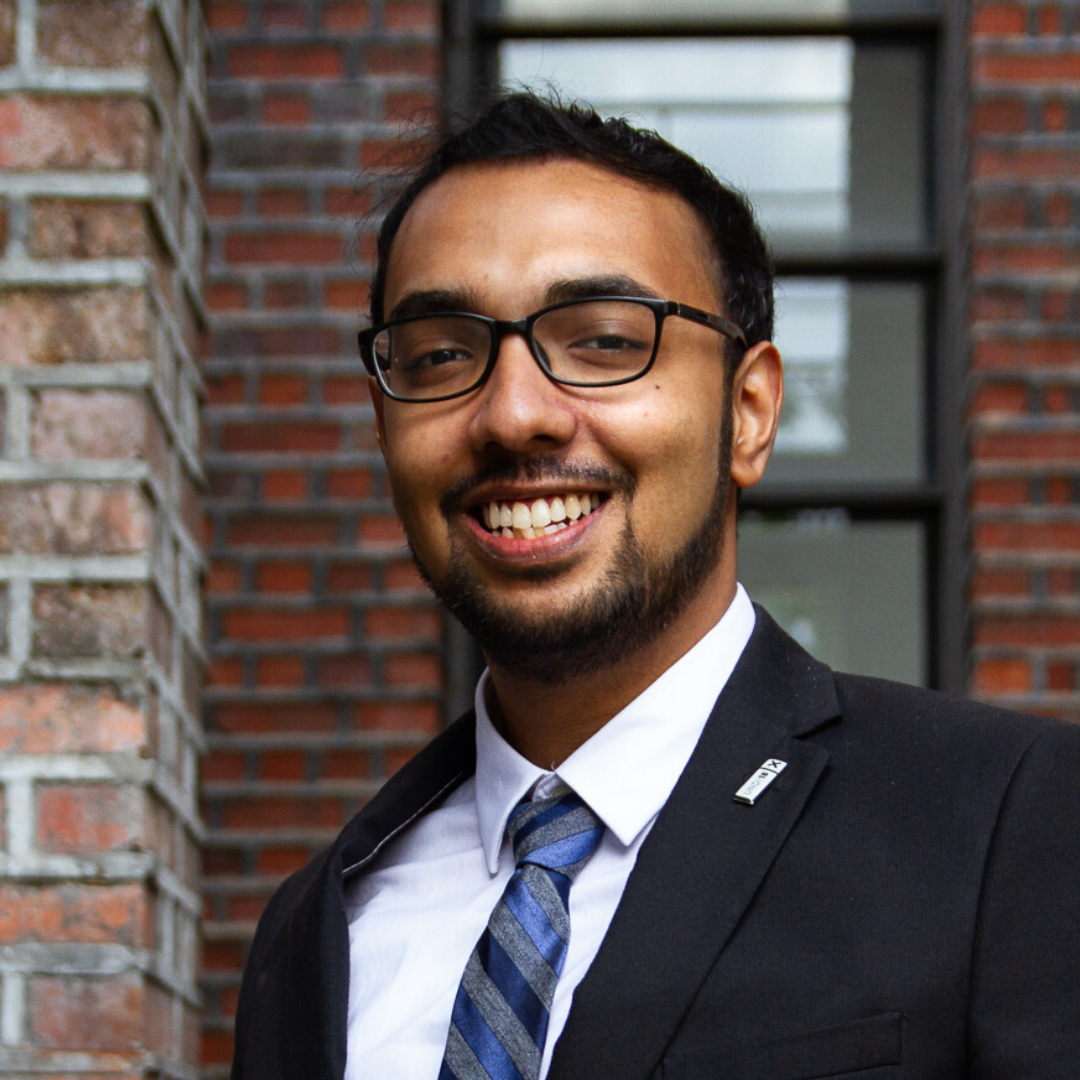
Greta Rico
Location: Mexico
Host Organization: Lado B (Pimedi Periodistas S.C.)
Greta Rico is a documentary photographer, journalist and feminist educator focused on gender, environment and food issues.
Her work has been published in magazines, print and digital media such as The New York Times, The Washington Post, The Guardian, The HuffPost, El País, and Lado B among others. She has collaborated with United Nations offices and with various civil society organizations. Her work has been exhibited in galleries and museums in Mexico and around the world.
During her Fellowship year, Greta worked with four rural communities on the outskirts of Mexico City – the most populated urban center in Latin America which is currently experiencing an urgent food crisis. Greta documented the impact on nutrition of Mexico's failure to protect local farmers from genetically modified-seeds and farming. She investigated how native maize and maize-products are threatened by the entry of genetically modified seeds without any policy protection. She also looked at the impacts of climate change on Milpa and chinampas – agricultural methods that have existed since pre-Hispanic times and that represent an alternative of resistance and local food sovereignty.
Article: ‘Native maize, the inhabitant of Mexico City who resists eviction’
Article: ‘Women of maize, ancestral wisdom against an industry that sickens’
Article: ‘The agricultural cycle of native maize and how it is affected due to climate change’
Film: ‘Cenzia y Maiz’
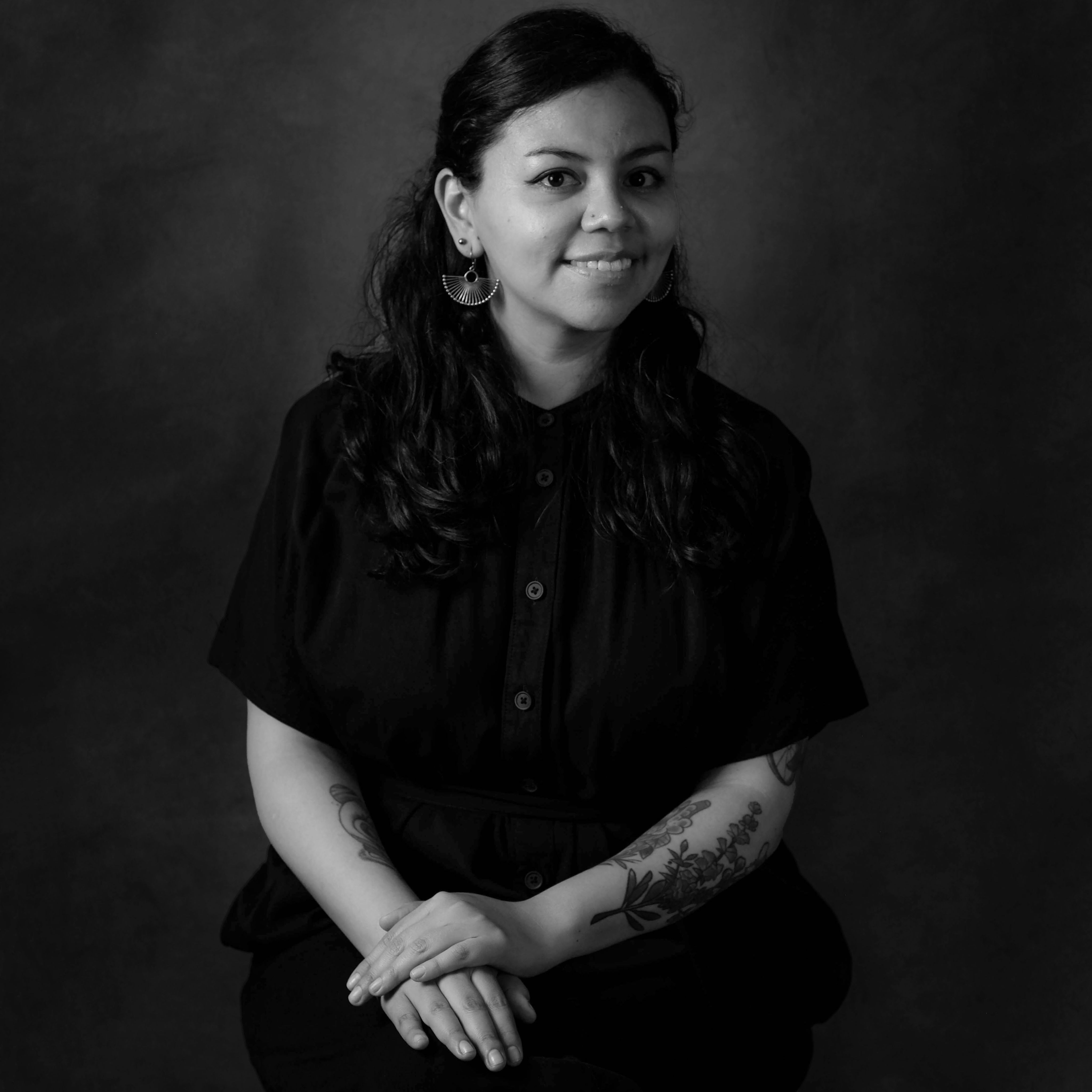


 Built with Shorthand
Built with Shorthand